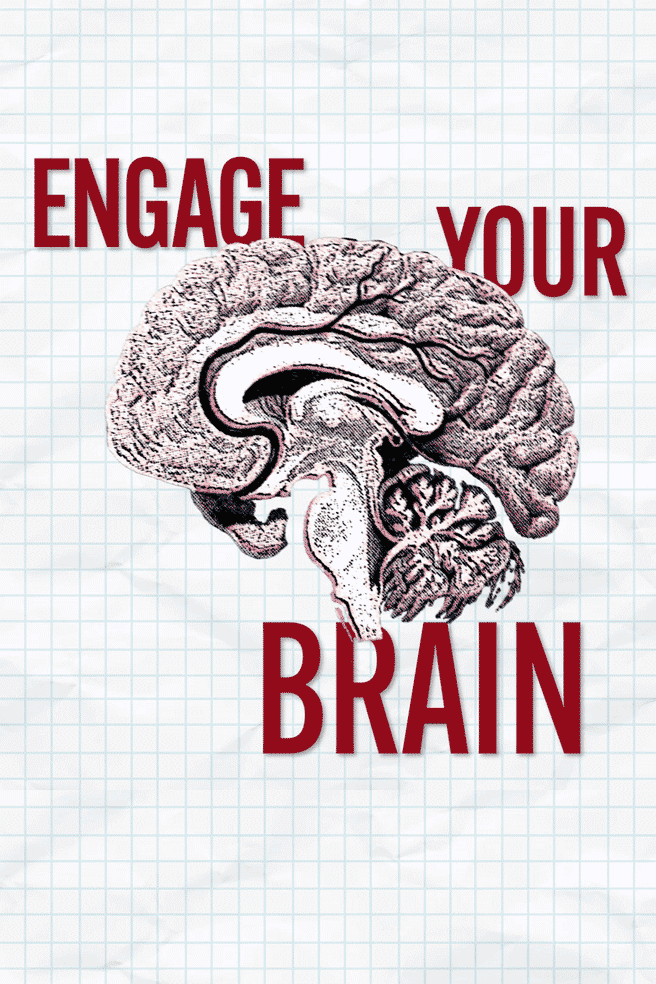Early-Career Researcher Resource Center
Recent articles
News, perspectives and resources to help navigate the early stages of your neuroscience career
FEATURED PERSPECTIVES
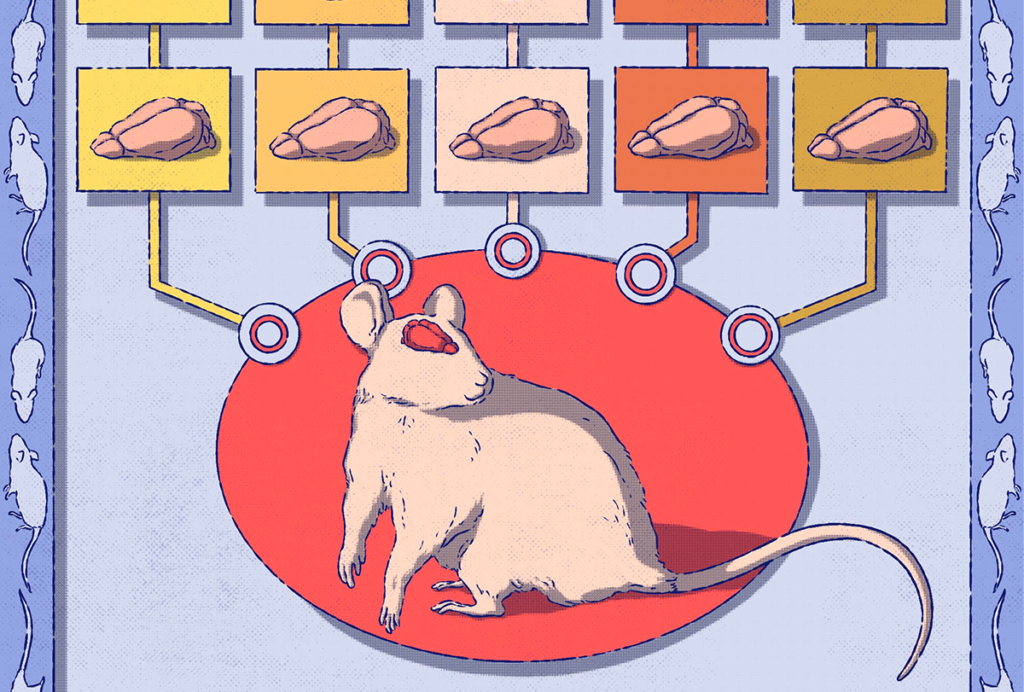
Reproducibility is a team sport: Lessons from a large-scale collaboration
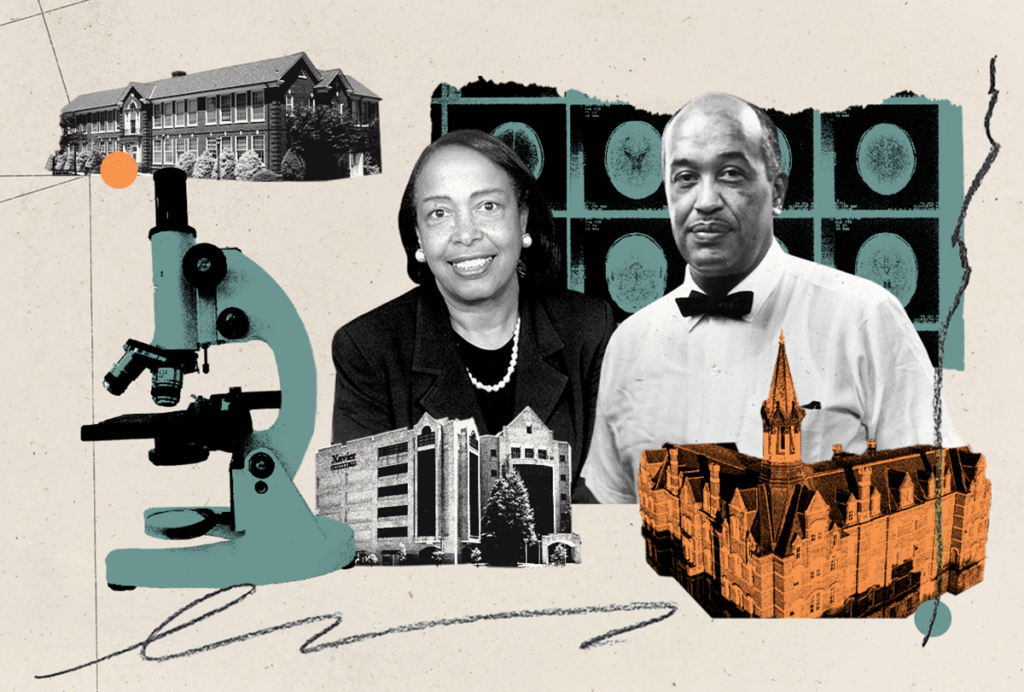
Building the future of neuroscience at HBCUs
FEATURED NEWS
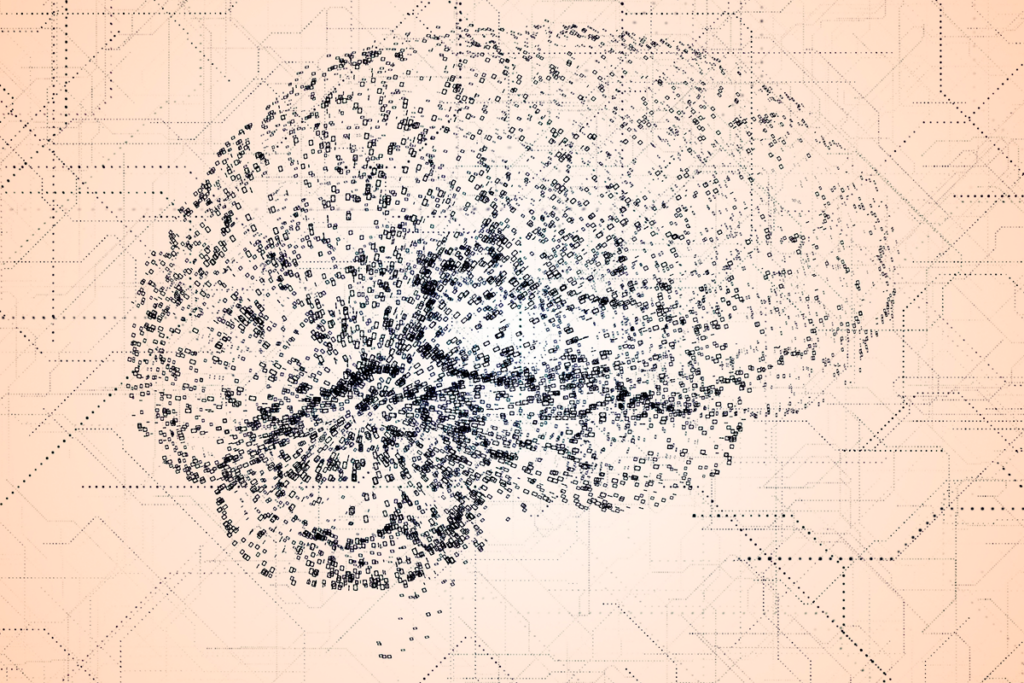
Long-standing theoretical neuroscience fellowship program loses financial support

INSAR takes ‘intentional break’ from annual summer webinar series

RESOURCES
Early-career researcher action potentials
Upcoming webinars
Memory Decoding Journal Club: Functional connectomics revea…
NF1 exon 51 alternative splicing: functional implications i…
Organization of thalamic networks and mechanisms of dysfunc…
News and perspectives
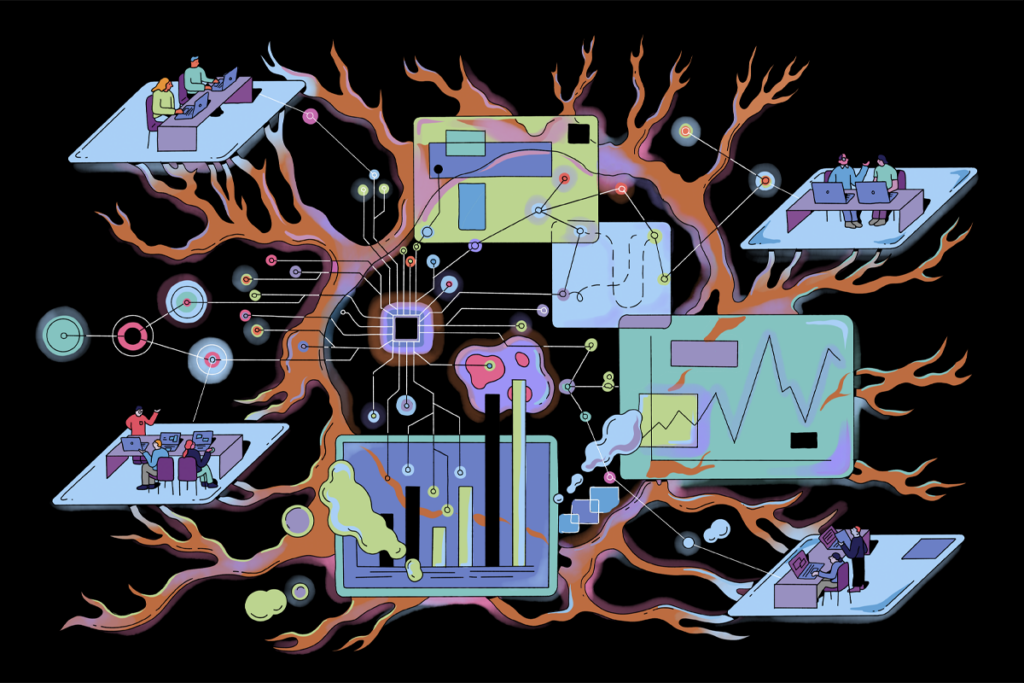
How to build a truly global computational neuroscience community

What kinds of support do early-career researchers need?

On the importance of reading (just not too much)
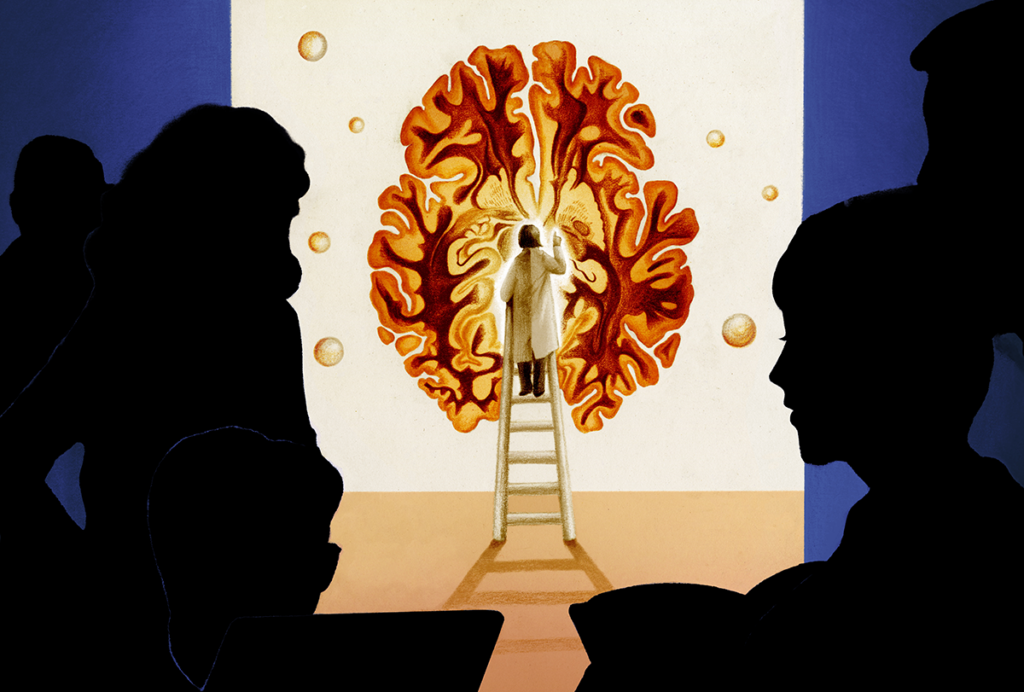
Neuroscience needs to empower early-career researchers, not fund moon shots

NIDA shutters diversity fellowship program, axes active awards

Federal funding cuts imperil next generation of autism researchers

What birds can teach us about the ‘biological truth’ of sex
Exclusive: NIH nixes funds for several pre- and postdoctoral training programs
Many of the axed grants support scientists from underrepresented communities.

Exclusive: NIH nixes funds for several pre- and postdoctoral training programs
Many of the axed grants support scientists from underrepresented communities.
Five things to know if your federal grant is terminated
If you want to appeal the decision, know the rules that govern terminations, as well as the specific rationale given in your notice, science policy experts say.

Five things to know if your federal grant is terminated
If you want to appeal the decision, know the rules that govern terminations, as well as the specific rationale given in your notice, science policy experts say.
The future of neuroscience research at U.S. minority-serving institutions is in danger
Cuts to federally funded programs present an existential crisis for the University of Puerto Rico’s rich neuroscience community and for research at minority-serving institutions everywhere.

The future of neuroscience research at U.S. minority-serving institutions is in danger
Cuts to federally funded programs present an existential crisis for the University of Puerto Rico’s rich neuroscience community and for research at minority-serving institutions everywhere.
El futuro de la investigación neurocientífica en instituciones que sirven minorías está en peligro
Los recortes a los programas financiados con fondos federales representan una crisis existencial para la rica comunidad neurocientífica de la Universidad de Puerto Rico y para la investigación en instituciones que atienden a minorías en todo Estados Unidos.

El futuro de la investigación neurocientífica en instituciones que sirven minorías está en peligro
Los recortes a los programas financiados con fondos federales representan una crisis existencial para la rica comunidad neurocientífica de la Universidad de Puerto Rico y para la investigación en instituciones que atienden a minorías en todo Estados Unidos.
Calculating neuroscience’s carbon cost: Q&A with Stefan Pulver and William Smith
The two scientists discuss how to estimate a research project’s carbon emissions, from supply procurement to energy usage.

Calculating neuroscience’s carbon cost: Q&A with Stefan Pulver and William Smith
The two scientists discuss how to estimate a research project’s carbon emissions, from supply procurement to energy usage.
Explore more from The Transmitter
Fly database secures funding for another year, but future remains in flux
The FlyBase team’s fundraising efforts have proven successful in the short term, but restoration of its federal grant remains uncertain.
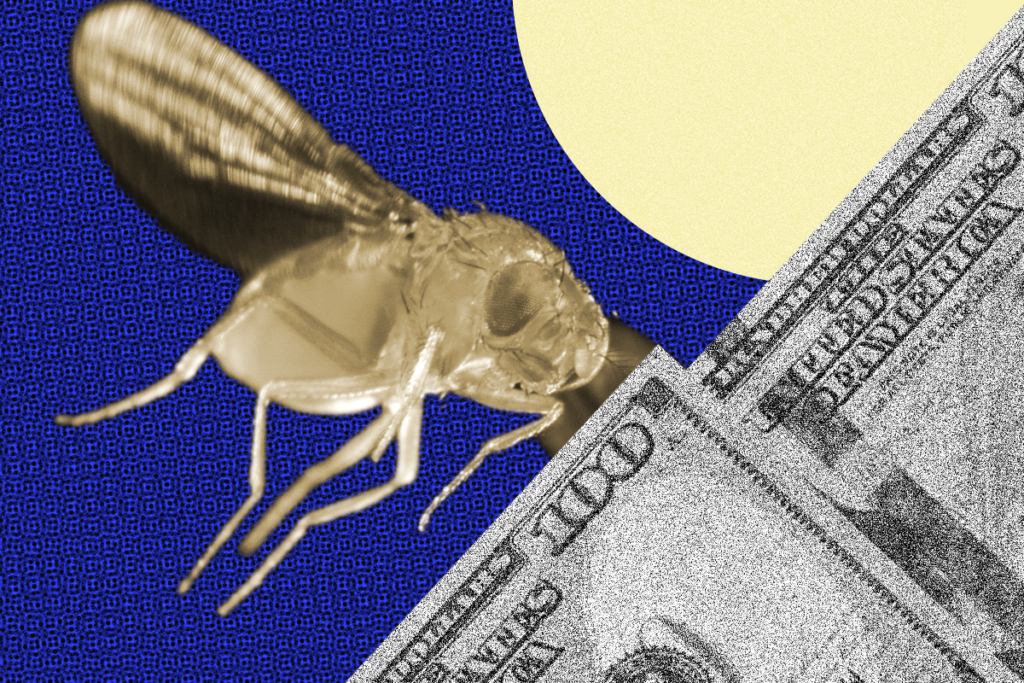
Fly database secures funding for another year, but future remains in flux
The FlyBase team’s fundraising efforts have proven successful in the short term, but restoration of its federal grant remains uncertain.
Diving in with Nachum Ulanovsky
With an eye toward realism, the neuroscientist, who has a new study about bats out today, creates microcosms of the natural world to understand animal behavior.
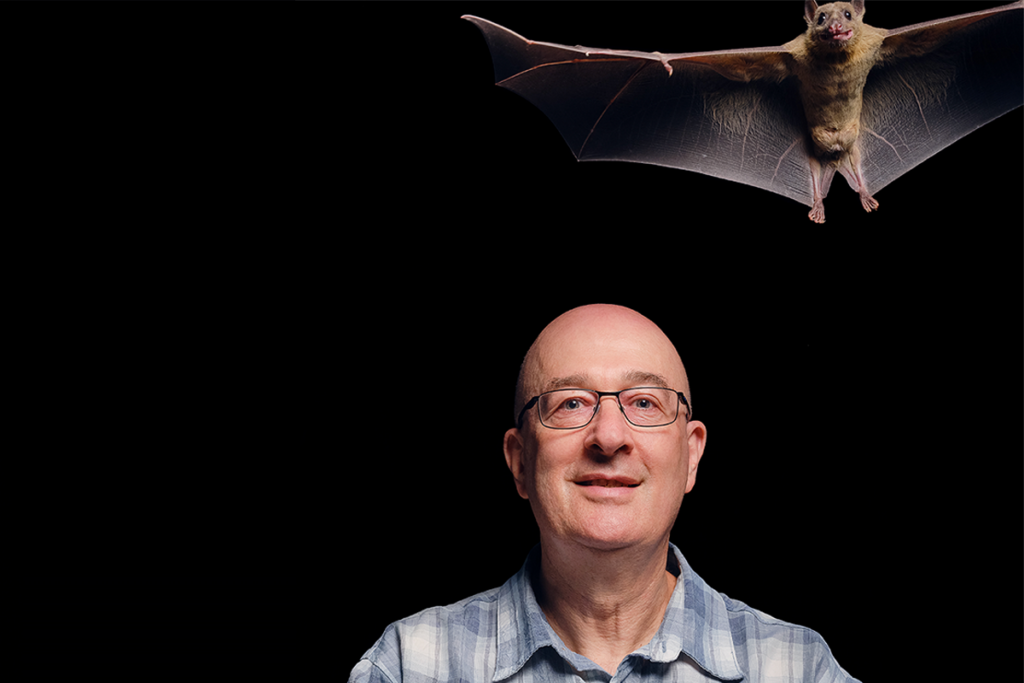
Diving in with Nachum Ulanovsky
With an eye toward realism, the neuroscientist, who has a new study about bats out today, creates microcosms of the natural world to understand animal behavior.
Gene-activity map of developing brain reveals new clues about autism’s sex bias
Boys and girls may be vulnerable to different genetic changes, which could help explain why the condition is more common in boys despite linked variants appearing more often in girls.

Gene-activity map of developing brain reveals new clues about autism’s sex bias
Boys and girls may be vulnerable to different genetic changes, which could help explain why the condition is more common in boys despite linked variants appearing more often in girls.
